Negev Desert Takes in Sudanese Refugees
Israel is erecting a tent city in the Negev Desert to accommodate Sudanese refugees. Internal Security Minister Avi Dichter announced Monday that with hundreds of refugees from Darfur and other Sudanese trouble spots flocking to Israel through the Egyptian Sinai, the tent city would be set up near the remote Negev prison of Kziot. Under the plan, temporary accommodation will be made available for up to 1,000 refugees while Israel tries to stem the influx by negotiating with Egypt on sealing the border. Dozens of recently arrived Sudanese squatted in Beersheba, only to be shuttled to Jerusalem in a protest move by the southern town’s municipality. Israel’s failure to deal with the refugees adequately has raised an outcry among some who see the Jewish state as obligated to provide asylum to those fleeing persecution. Meanwhile, The Jewish Agency for Israel announced this week it will house 58 refugees from Sudan in its student village near Sderot.
Israel Luring Iranians With Cash
Israel is using cash incentives to encourage Jewish immigration from Iran. An expatriate group of Iranian Jewish donors is behind a $1 million fund offering $10,000 to each Jew willing to leave the Islamic Republic for the Jewish state, according to media reports. The fund was offering $5,000 per immigrant several months ago, but sparse interest prompted the sponsors to up the ante. For an entire Jewish family the cash incentive is $60,000, in addition to the standard aliyah benefits given to Jewish immigrants to Israel. Few of Irans 20,000 Jews have taken advantage of the offer.
Hadassah Extends Fertility of Cancer Patients
Doctors at Jerusalem’s Hadassah Hospital have devised a method for extending the fertility of young cancer patients. Using a process used for adult female cancer patients, an Israeli medical team succeeded in harvesting and freezing eggs from the ovarian tissue of young girls about to undergo chemotherapy, giving them hope of preserving their fertility. For several years, women facing chemotherapy have been able to preserve their fertility by having an ovary surgically removed. The ovary is then sliced and frozen. After treatment and recovery, the ovaries can be re-implanted in the body and function normally. Using the same technique, the Hadassah team treated eight girls aged 5 to 20 over the past three years. The team demonstrated that even among the youngest girls, ova, or eggs, could be extracted, left to mature in the laboratory and then frozen. The experiment’s published results were presented last month at the annual conference of the European Society for Fertility.
Gibson Visits Costa Rican President
Mel Gibson visited Costa Rican President Oscar Arias at his residence. Both have been embroiled in controversy with Jews in the past year. Arias, the 1987 Nobel Peace Prize laureate, drew criticism from Jewish groups last August when he commemorated his 100th day in office by moving the Costa Rican embassy in Israel from the capital city of Jerusalem to Tel Aviv. A few days later El Salvador followed suit. Gibson, who produced, wrote and directed the 2004 hit film “The Passion of the Christ,” which was criticized by some groups as anti-Semitic, purchased a large property on the country’s Pacific coast.
Gibson has also denied he is making a film about a prominent Polish cleric with a history of anti-Semitism. Several days ago the Rev. Henryk Jankowski said in an interview with Poland’s Dziennik daily that he was in talks with Gibson about a possible film. But when Gibson representative Alan Nierob was asked by the Forward newspaper whether the report was true, Nierob offered an emphatic no. Jankowski came to prominence for his role spearheading strikes that ushered communism out of Poland in the 1980s. He said in 1997 that there was no place for Jews in the Polish government, and he has condemned the Polish government’s apology for the 1946 Kielce pogrom.
Maccabiah Games Kick Off in Rome
The 12th European Maccabiah Games began July 5 in Rome with more than 2,000 Jewish athletes from 38 countries. There are 16 different competitions this year, which marks the largest games ever. The games date back to 1929 when Jewish athletes from all over the world from local Maccabiah clubs vied for awards in Prague. After World War II and a long hiatus, the games began again in the 1960s and are held every four years.
This year events range from badminton and basketball to fencing and karate.
Briefs courtesy Jewish Telgraphic Agency.









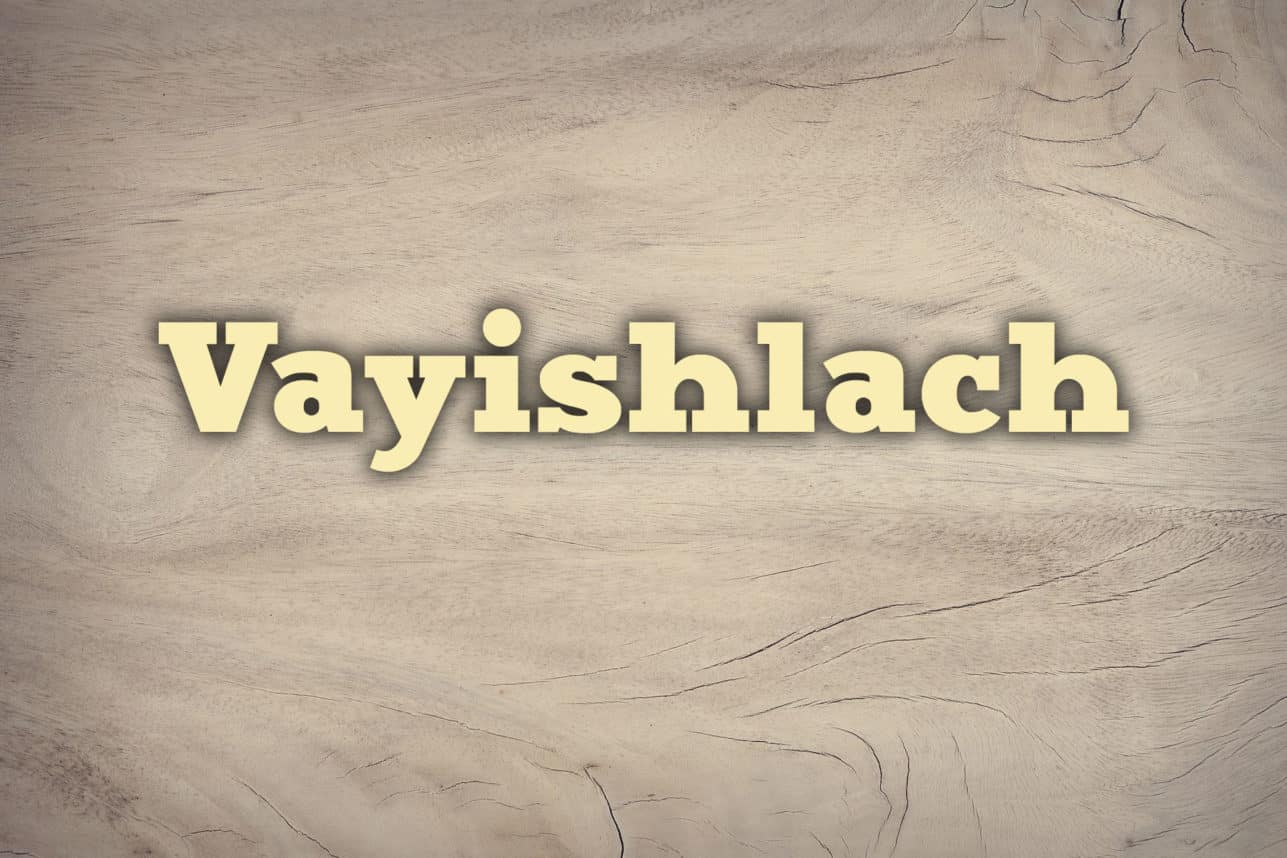
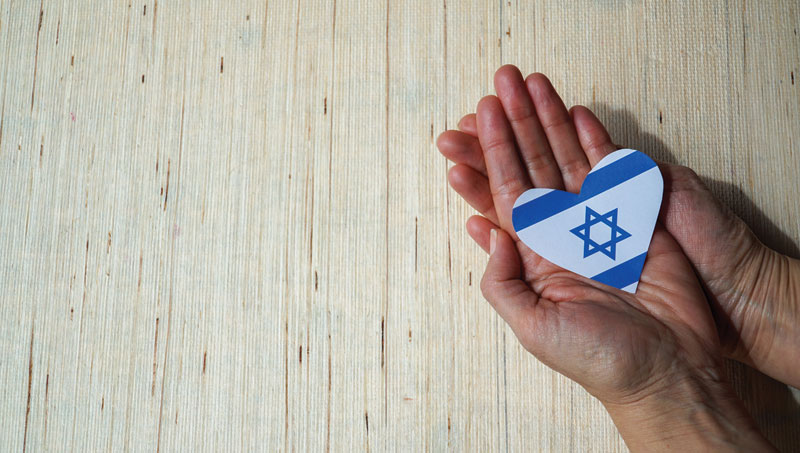


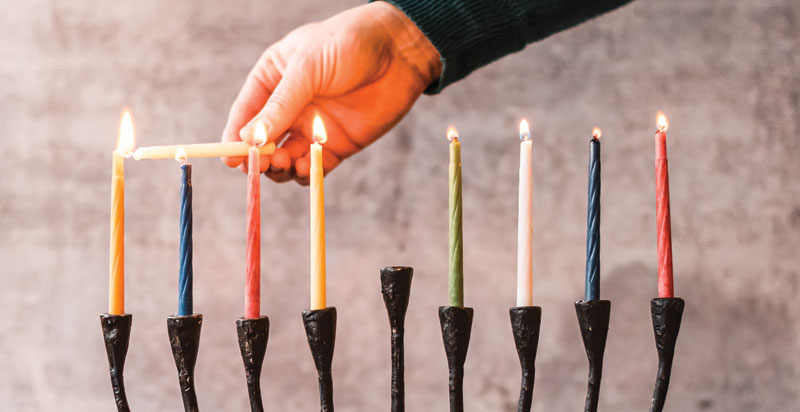
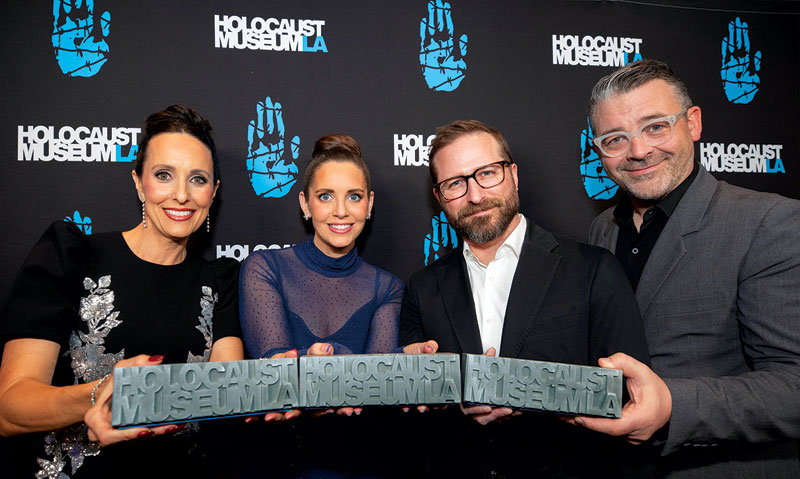
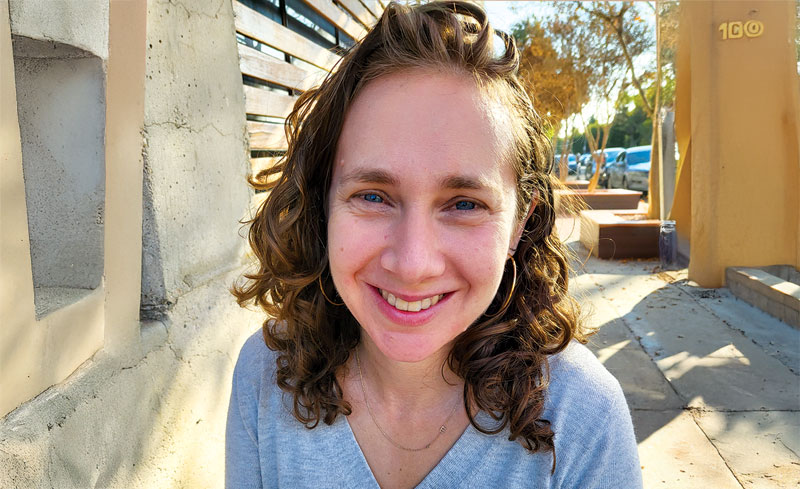
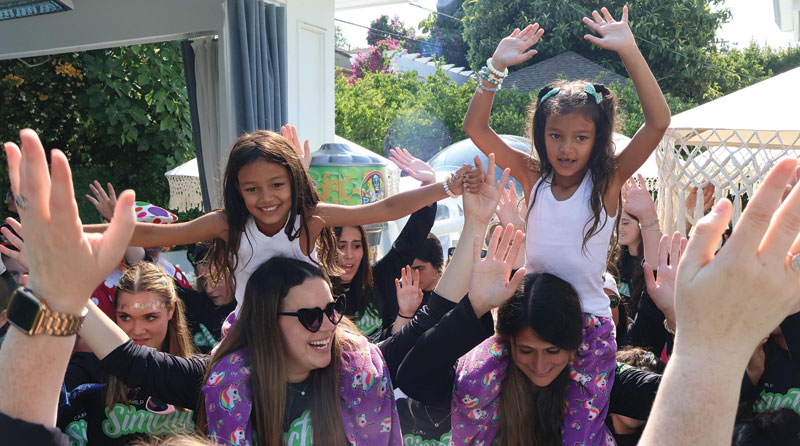





 More news and opinions than at a Shabbat dinner, right in your inbox.
More news and opinions than at a Shabbat dinner, right in your inbox.